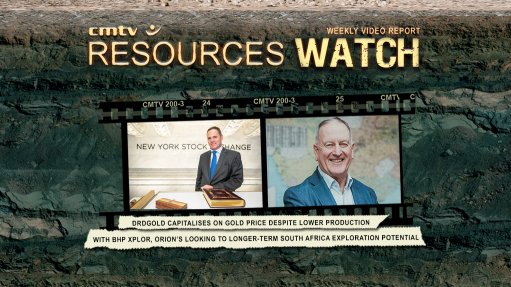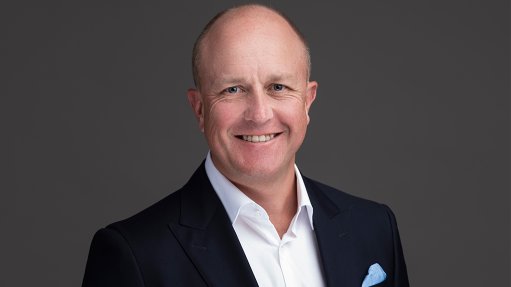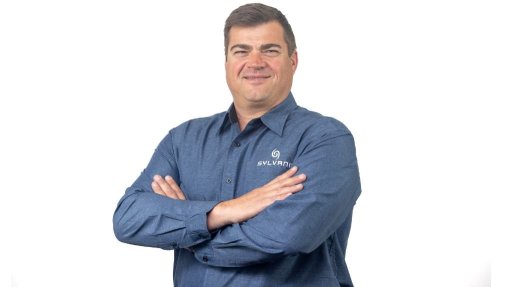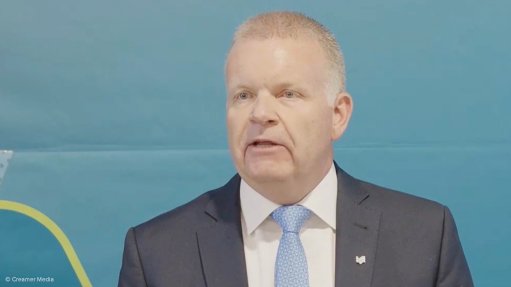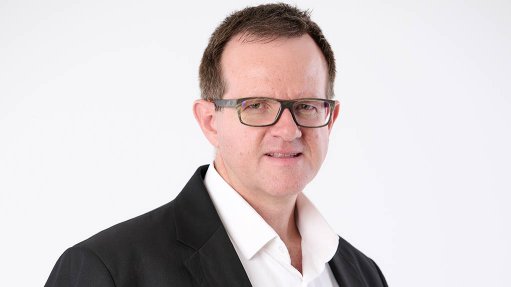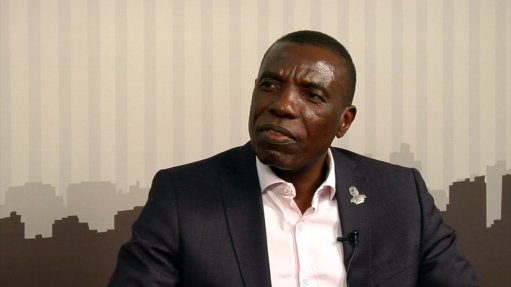Tesla shareholders vote no on deep sea mining moratorium
Tesla investors agreed to Elon Musk’s $56-billion pay package on Thursday, but declined to agree to a moratorium on sourcing electric vehicle battery metals from deep sea ecosystems.
Activist investors had pushed the carmaker to join other industry leaders in considering the impacts of deep sea mining at its annual shareholder meeting. As You Sow — a nonprofit promoting corporate social responsibility — filed a proposal in December asking shareholders to impose a moratorium on sourcing minerals from deep seabeds. “We are seeing Tesla, the face of the EV transition, as a laggard,” said Elizabeth Levy, the nonprofit’s biodiversity program coordinator.
On Thursday, 78% of Tesla shareholders voted against the proposal and 6% voted in favor, including abstentions and broker non-votes.
Earlier this month, General Motors Co. investors rejected a similar proposal — also filed by As You Sow — that would have required the company to publicly disclose any use of deep sea minerals in its supply chain. The proposal was, however, supported by 12% of investors, enough for As You Sow to file it again next year.
While commercial deep sea mining has not begun, the industry aims to extract potato-sized rocks called polymetallic nodules found on the seabed 13 000 feet (4 000 m) beneath the surface. They contain metals used in EV batteries, such as cobalt and nickel.
The fight over deep sea mining is heating up as a growing number of nations, scientists and environmentalists call for a moratorium or ban on mining fragile and biodiverse deep sea ecosystems, which are home to organisms found nowhere else on the planet. A United Nations-affiliated organization is in the midst of a protracted fight over writing regulations for mining the seafloor.
The nascent deep sea mining industry maintains that seabed minerals will accelerate decarbonization, providing materials needed to build new batteries and other technologies that are key to the energy transition. Some countries are also on board: Earlier this year, Norway made a push to mine Arctic seabeds.
In January, Tesla appealed to the US Securities and Exchange Commission to omit the deep sea mining proposal from this year’s stockholder meeting, saying that it aimed to micromanage the company. Derek Windham, Tesla senior director and general counsel, wrote “the Proposal fails to focus on a significant social policy issue that transcends the ordinary business of the Company.” The SEC declined Tesla’s request on March 27.
The vote highlights a broader question facing the auto industry: whether deep sea materials are necessary to compete in the global EV race. Several non-US carmakers — including Volvo Car, Volkswagen, and BMW — have already signed onto a deep sea mining moratorium in cooperation with the World Wildlife Fund.
“The United States is a follower in this regard,” said As You Sow President Danielle Fugere. “Other nations are further along, and this shows up in how car companies operate.”
Tesla is increasingly using lithium iron phosphate batteries, which are also popular in China and do not rely on nickel or cobalt. The company has continued to expand its LFP supply chain in the US and says that by early 2022 nearly half of the vehicles it produced had LFP batteries.
Gerard Barron, chief executive officer of the Metals Company, a leading seabed mining company, says battery chemistries are subject to further change. “I think LFPs are filling a certain segment of the market,” he said. “Over the next decade, sodium-based chemistries will become more popular and replace some of the LFP market share. And that will require the metals from our nodules.”
Tesla and GM’s shareholder votes come as the EV landscape faces a major shift. By the end of 2025, the global battery industry will be capable of making five times more cells than demand requires, according to BloombergNEF. The nickel content of EV batteries is also forecast to drop by 25% next year. Those shifts could make mining the seabed for nickel and other minerals both environmentally dubious and economically ill-advised.
Article Enquiry
Email Article
Save Article
Feedback
To advertise email advertising@creamermedia.co.za or click here
Press Office
Announcements
What's On
Subscribe to improve your user experience...
Option 1 (equivalent of R125 a month):
Receive a weekly copy of Creamer Media's Engineering News & Mining Weekly magazine
(print copy for those in South Africa and e-magazine for those outside of South Africa)
Receive daily email newsletters
Access to full search results
Access archive of magazine back copies
Access to Projects in Progress
Access to ONE Research Report of your choice in PDF format
Option 2 (equivalent of R375 a month):
All benefits from Option 1
PLUS
Access to Creamer Media's Research Channel Africa for ALL Research Reports, in PDF format, on various industrial and mining sectors
including Electricity; Water; Energy Transition; Hydrogen; Roads, Rail and Ports; Coal; Gold; Platinum; Battery Metals; etc.
Already a subscriber?
Forgotten your password?
Receive weekly copy of Creamer Media's Engineering News & Mining Weekly magazine (print copy for those in South Africa and e-magazine for those outside of South Africa)
➕
Recieve daily email newsletters
➕
Access to full search results
➕
Access archive of magazine back copies
➕
Access to Projects in Progress
➕
Access to ONE Research Report of your choice in PDF format
RESEARCH CHANNEL AFRICA
R4500 (equivalent of R375 a month)
SUBSCRIBEAll benefits from Option 1
➕
Access to Creamer Media's Research Channel Africa for ALL Research Reports on various industrial and mining sectors, in PDF format, including on:
Electricity
➕
Water
➕
Energy Transition
➕
Hydrogen
➕
Roads, Rail and Ports
➕
Coal
➕
Gold
➕
Platinum
➕
Battery Metals
➕
etc.
Receive all benefits from Option 1 or Option 2 delivered to numerous people at your company
➕
Multiple User names and Passwords for simultaneous log-ins
➕
Intranet integration access to all in your organisation








